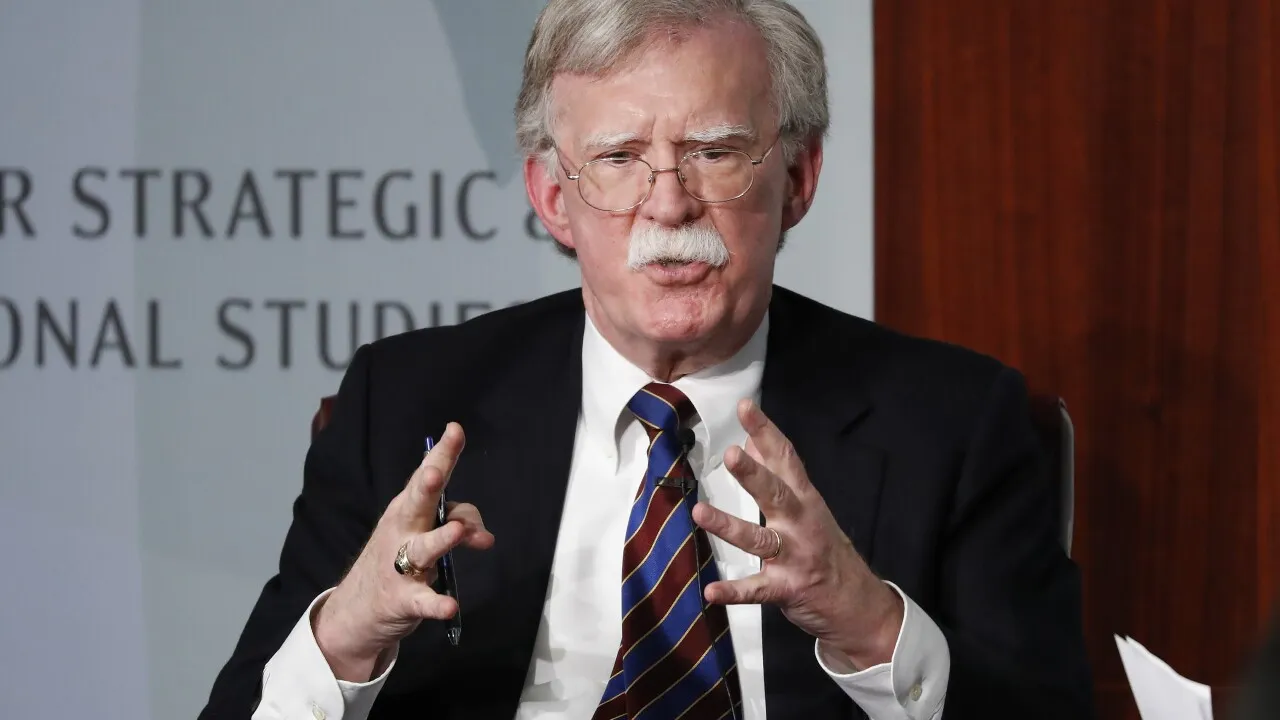In a dramatic turn of events reminiscent of deep rifts in American politics, agents of the Federal Bureau of Investigation (FBI) conducted a search at the home of John Bolton, former National Security Advisor to President Donald Trump. This move, made as part of an investigation into possible leaks, theft, and unauthorized storage of classified documents, highlights how old hostilities from the era of Trump's first presidency continue to poison the political landscape in Washington. As someone who has observed the behind-the-scenes intrigues of the White House for years, I can say: this is not just a routine check but a potential explosion that could divide the Republican camp and raise questions about selective justice in the era of Trump 2.0.
Sources close to the investigation told Scripps News that the raid occurred shortly after newly appointed FBI Director Kash Patel — a long-time Trump ally known for his toughness against the “deep state” — posted a provocative statement on social media platform X: “Nobody is above the law... FBI agents are doing their jobs.” This phrase, echoing as a manifesto of loyalty, appeared not coincidentally when the FBI ramped up its actions. Insider law enforcement officials, with whom I have spoken over the years, suggest that such public statements often serve as signals for internal mobilization, especially when it concerns figures who have crossed the president.
Bolton, a 76-year-old foreign policy veteran with a reputation as an “eagle,” served as National Security Advisor from April 2018 to September 2019. His dismissal was high-profile: Trump publicly called him “crazy” and “incapable of compromise,” and Bolton, in turn, became one of the most outspoken critics of his former boss. This hostility reached its peak in 2020 when Bolton published his memoir, “The Room Where It Happened: A White House Memoir.” The Trump administration launched a legal battle, claiming the book contained confidential information that threatened national security. Lawsuits, censorship attempts, and mutual accusations—this all resembles a classic Washington thriller, where personal accounts are masked as patriotism. In my experience, such conflicts rarely fade away: they smolder, waiting for a spark, especially when power returns into the hands of those feeling wronged.
President Trump, commenting on the news Friday morning, did not hide his antipathy. “I am not a fan of John Bolton. He’s a real jerk,” he stated, adding: “He can be very unpatriotic. We’ll find out. I don’t know anything about it. I just saw it this morning. They conducted a search.” These words, spoken with Trump’s characteristic bluntness bordering on improvisation, emphasize a deep personal grievance. Trump’s associates, with whom I have spoken before, say that the president never forgives betrayal—whether in business or politics. The expected briefing about the search, which Trump mentioned, could become a key moment: whether he confirms political motives or tries to distance himself to avoid accusations of abuse of power?
Vice President Mike Pence, trying to calm the wave of speculation, appeared on NBC News's "Meet the Press." “We are investigating the case of Ambassador Bolton, but if they ultimately file charges, it will be because they determine that he violated the law,” he said, emphasizing caution. “We will be careful on this matter. We will be cautious because we don’t believe in throwing people in jail— even if they disagree with us politically, or maybe especially if they disagree with us politically—without due process. These decisions must be based on the law, and that’s what we are doing.” Pence, with his reputation as a pragmatist, attempts to strike a balance between loyalty to Trump and maintaining an image of fairness—tactics seen among many vice presidents, from Pence himself to others during their Senate careers.
This incident inevitably draws parallels with the 2022 Mar-a-Lago raid, when the FBI confiscated classified documents from Trump’s residence. Back then, it became a catalyst for his revenge campaign; now, with Trump back in power, roles have reversed. Is this a fair application of the law, or an instrument to suppress dissent? Legal sources I consulted warn: if the evidence against Bolton turns out weak, it could provoke a scandal akin to Watergate, undermining trust in institutions. At the same time, if the investigation unveils real misconduct, it will reinforce Trump’s narrative of a “deep state” and traitors within his ranks.
As the FBI continues its investigation, Washington remains on edge. Bolton, who has yet to comment publicly on the event, may become another symbol of polarization—or perhaps a catalyst for a broader dialogue about the limits of power and accountability.


